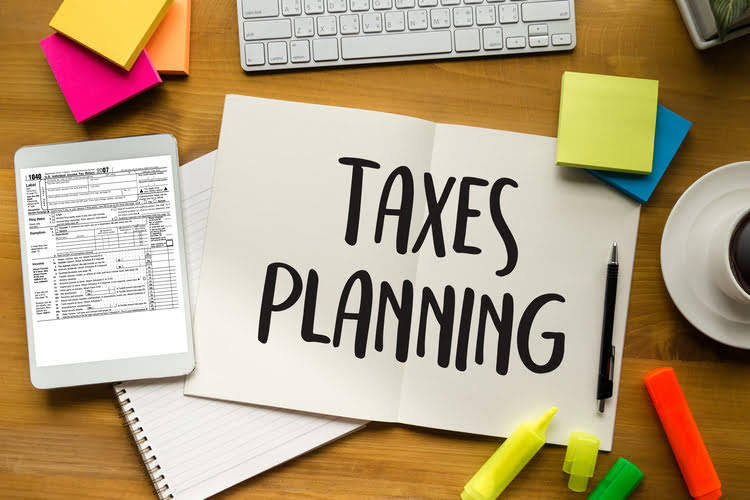
An accountant typically oversees and reviews a bookkeeper’s work while evaluating all aspects of a business’s finances. More broadly, an accountant may do bookkeeping, but a bookkeeper doesn’t do accounting. While bookkeeping and accounting may seem similar, there are some accounting vs bookkeeping key differences. Bookkeeping is the process of recording financial transactions, and accounting is the analysis of those transactions. Once the bookkeeper posts all transactions, the accountant generates a trial balance that lists all business accounts and balances.
Both bookkeepers and accountants provide strategic advice to their clients. Many people use the words business accounting and bookkeeping interchangeably. Bookkeepers and accountants generally work together very closely in order to fully serve their clients. Both are tasked with the financial reporting and well-being of the business.
Bookkeeping vs. accounting: What are the main differences?
To complete the program, accountants must have four years of relevant work experience. Generally, accountants must have a degree in accounting or finance to earn the title. There is a difference between an accountant and a certified public accountant (CPA). Although both can prepare your tax returns, a CPA is more knowledgeable about tax codes and can represent you if you get audited by the IRS. To maintain the credential, bookkeepers are required to engage in continuing education. Bookkeepers aren’t required to be certified to handle the books for their customers or employer but licensing is available.

Once you gather these documents, you can record the transactions using journals, ledgers, and the trial balance. The information can then be consolidated and turned into financial statements. Still stumped on how to handle bookkeeping https://www.bookstime.com/ vs. accounting tasks for your small business? Small business accounting software like QuickBooks helps you track your business finances all in one place, making it easily accessible to you and your accounting team.
Key Takeaways
The education, skills, and career paths also differ, with accountants having more varied opportunities for specialization and advancement. Bookkeeping requires no specific professional qualifications; accounting does. A bookkeeper should show a general aptitude for detail and accuracy with numbers, and some familiarity with financial and accounting terms, but needs no formal training or certification.

